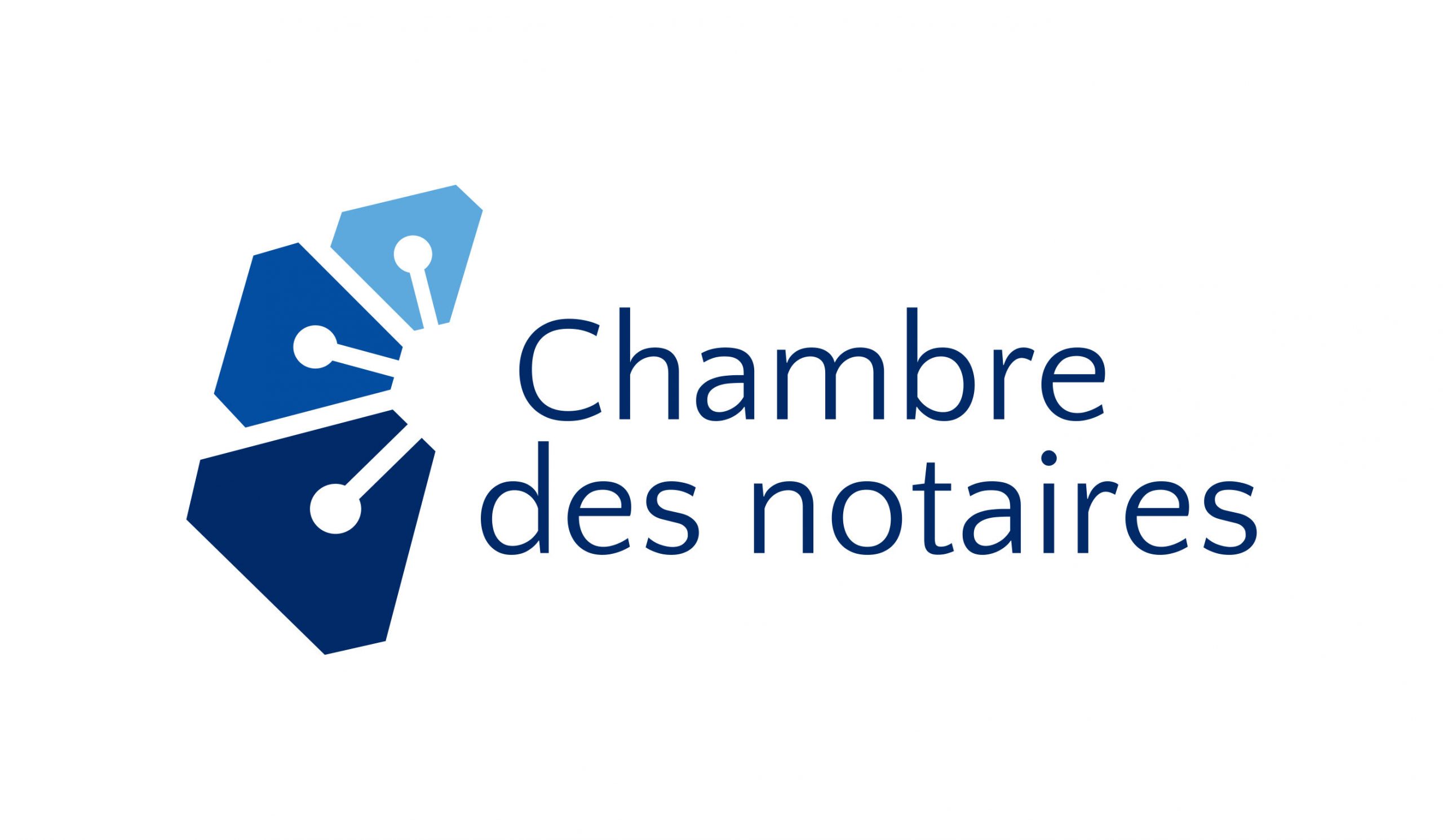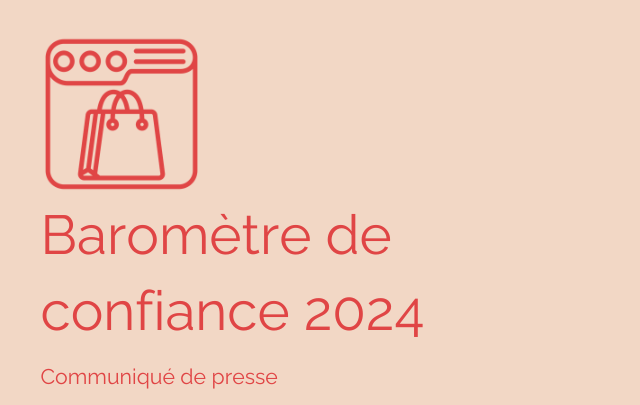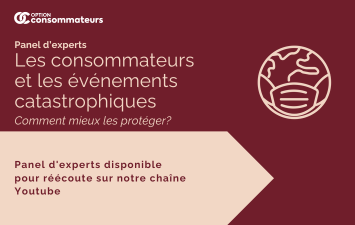

Photo: Surface (Unsplash)
The Internet is an ever-growing presence in our lives. Is that good or bad? It’s time to think about it.
If there’s one thing the pandemic has changed in our lives, it’s how we see and use the Internet. What some may have considered a tool to be used only sporadically has now become an absolute necessity. We need the Internet if we want to study, work, have access to financial services, consult doctors, even pay fines and settle disputes. And that trend is clearly here to stay.
With the pandemic, companies, professionals and governments have been taking giant steps in terms of technology. Changes no one dreamed of seeing for years have come about in a relatively short space of time. For example, distance mediation and remote legal proceedings are now quite common – the first trial took place in March 2020 – and we’ve seen telemedicine advance by leaps and bounds. Progress like this certainly deserves to be acknowledged.
Since the start of the pandemic, considerable ingenuity has been shown to ensure that justice is served, even remotely. Phone calls and videoconferencing have been used at the courthouse so that some hearings can take place without all the parties having to appear in person. Perhaps the need for urgent action has outstripped cautionary measures, however. According to Radio-Canada report, widely accessible tools like Dropbox and Skype were used in the first virtual trial – clearly posing risks in terms of privacy protection.
Why not use tools that would be more secure? For example, why not use PARLe platform, which is used in Quebec and Ontario to help settle disputes regarding consumer matters? The question is particularly pertinent given that a similar platform was launched in France during the pandemic in collaboration with the Cyberjustice Laboratory at the Université de Montréal, where the PARLe platform was developed. In France, the platform is used for mediation purposes, as well as for secure storage of legal documents.
Telemedicine is another domain that has expanded greatly during the health crisis. While privacy protection is very important in this area, there are also other issues to consider – some related to diagnosis. Some health problems can be detected over the phone or on the Internet, but others require an in-person visit. This may seem obvious – obviously it’s difficult to perform an auscultation (listening to the heart or another organ), a gynecological examination or a rectal examination remotely. But can we make the distinction and send patients who need an in-person visit to the doctor’s office? That’s clearly desirable, considering that a misdiagnosis could have serious consequences. In an article that appeared in La Presse in November 2020, a lawyer from the legal firm of Me Jean-Pierre Ménard noted that this type of lawsuit was beginning to appear.
We need to make sure no one falls between the cracks in any of these domains. Online services have many advantages, such as avoiding the necessity for long, expensive journeys, but they must not become the only way to access legal or medical services. Many people in low-income households don’t have access to home Internet. Not everyone who lives in a remote area has reliable Internet service. Our infatuation with technology must not stop us from responding to the needs of vulnerable populations.
Besides, using the Internet is riskier than ever these days. According to the Canadian Anti-Fraud Centre, more than 42,000 Canadians were victims of fraud in 2020 – a record number. Even websites that seem safe can turn out to be dangerous. A case in point: Quebec hackers used a domain name similar to the name of the Autorité des marchés financiers, which oversees the Quebec financial sector, to rip off consumers. Now more than ever, we need to be super careful. With new technologies and those that have been around for a while, the confidentiality of data and the quality of services offered are of paramount importance – for each and every citizen.






